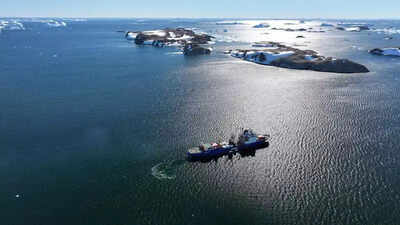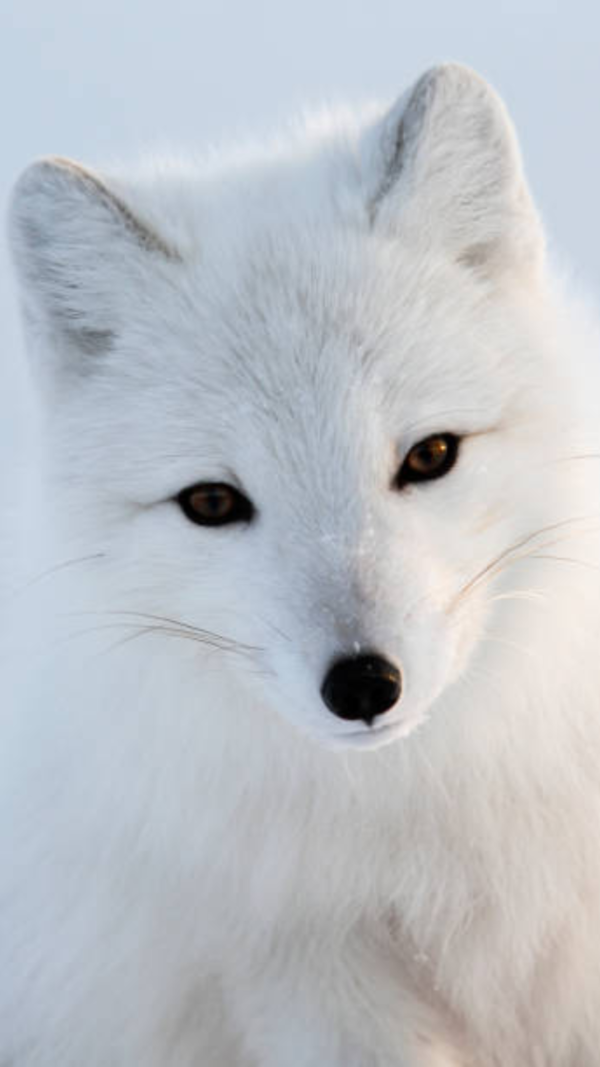- News
- City News
- chennai News
- India plans to start fishing for krill in the Southern Ocean
Trending
India plans to start fishing for krill in the Southern Ocean
Chennai: India may soon enter the global commercial krill fishing industry by starting operations in the Antarctic or Southern Ocean. Officials said at least two Mumbai-based firms have come forward to launch operations, focusing on harvesting krill, a small crustacean rich in omega-3, used in aquaculture feed and health supplements."The firms may attempt krill fishing this summer season in the Southern Ocean, between Dec and Feb. Till now, we did not venture into fishing there because it requires huge investment. We have asked the companies to talk to those in other countries involved in fishing in the Southern Ocean. We will give them permits and also the Indian flag for their vessels," said M Ravichandran, secretary, ministry of earth sciences (MoES).
You Can Also Check: Chennai AQI | Weather in Chennai | Bank Holidays in Chennai | Public Holidays in Chennai
Krill are small, shrimp-like crustaceans that play a vital role in the Antarctic food web, serving as a key food source for penguins, seals, whales, seabirds, and fish. They are harvested for omega-3-rich oils used in supplements and aquaculture. The Commission for the Conservation of Antarctic Marine Living Resources (CCAMLR) estimates their biomass at about 379 million tonnes.End of Article
Follow Us On Social Media









